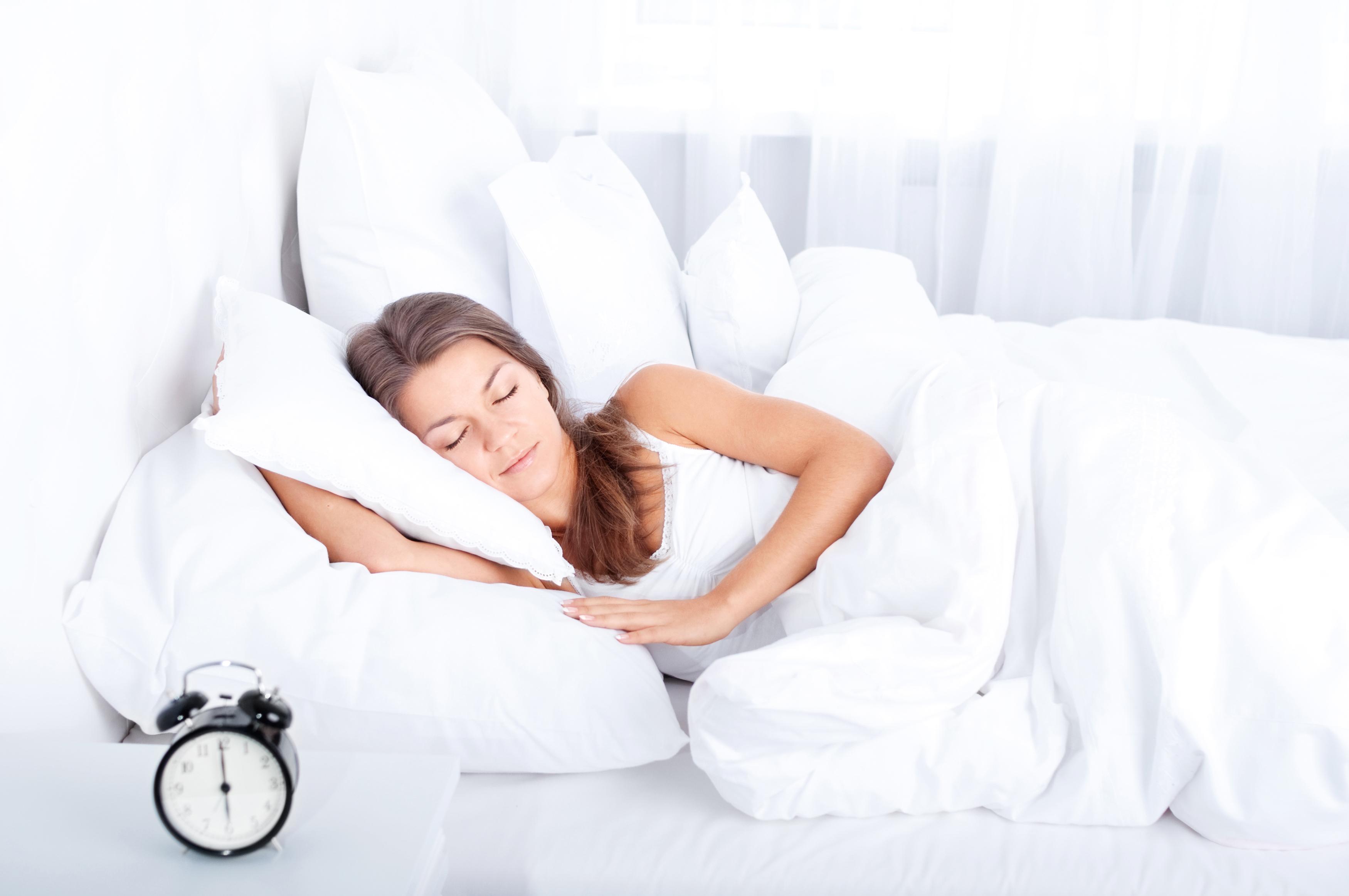There are a lot of people like you who want to wake up feeling energized after a good night's sleep. One-third of people only sleep six hours or less each night, even though most of us need seven to nine hours.
Rachel Salas, M.D., a sleep expert at Johns Hopkins, says that humans are pretty much the only mammals that choose not to sleep. A lot more people wake up tired because they can't sleep or have trouble sleeping because of issues like sleep apnea and nighttime reflux.
Numerous of us are still missing the mark when it comes to getting the sleep we need and deserve, according to new study. Following these tried-and-true tips will help you sleep better.
Know when to watch the clock.
Ten to twenty minutes pass before you fall asleep after lights out. You probably aren't getting enough sleep if you fall asleep every five minutes or any time during the day. Even so, if you're still awake after twenty to thirty minutes, get up. Have a relaxing time by reading a book or listening to music until you fall asleep. Then go back to your bed. Research has shown that this is one way to train your mind to connect your bed with sleeping instead of fighting.
Don’t underestimate caffeine
About half of the caffeine in coffee, tea, or soda leaves the body after about six hours. Researchers have found that drinking caffeine too late in the day can interrupt your sleep or keep you from falling asleep at all. Researchers found in 2013 that drinking 400 mg of caffeine six hours before bed cut overall sleeping time by more than an hour. This is equal to two to three cups of coffee or one 20-ounce coffee drink.
Skip the nightcap.
Ten percent or so of older people drink to help them sleep. It seems to help, but it's actually bad for you. Alcohol before bed can help you fall asleep faster, according to a new study. However, it cuts down on the time you spend in deeper stages of sleep that can affect your ability to remember things, focus, and even coordinate your body.
Give up sleep aids for good sleep health.
Five percent of older people use sleep aids they can buy at the store. These often contain antihistamines, which can make you dangerously sleepy during the day and hide a sleep problem that can be fixed. Instead, you should try changing how you sleep. Salas says to do these things to get natural, good sleep.
A bedtime ritual:
Put on your nightgown. No need to worry. Don't do things that will make you stressed, like working or having tense conversations. Salas says that some people have a desk in their bedroom with bills and other things that remind them of what they need to do all the time. Instead, keep this room clear of anything that might be annoying. Eszopiclone tablet is utilized for the momentary treatment of a sleeping disorder.
There should be no gadgets at least 30 minutes before bed: As the sun goes down, the darkness helps our brains get ready for sleep. When you stare at the light from your phone, computer, or TV, it throws off the internal clock in your brain.
Rule out health problems
You might not be able to get good sleep if you have gastric reflux disease or obstructive sleep apnea. Talk to your doctor about reflux solutions that can help ease reflux at night if you have heartburn. People who snore loudly and gasp or seem to choke at night may have sleep apnea.
This happens when tissue in your throat blocks your airways, stopping you from breathing for a moment. In the event that you share a bedroom, inquire as to whether or not I snore loudly or struggle to breathe at night. People with apnea can get better by losing weight and wearing a pressure mask to help them breathe.
Still tossing and turning?
When you have sleeplessness, cognitive behavioral treatment (CBT) retrains your mind and body to sleep deeply. Behavioral therapy (CBT) worked better than buy sleeping pills in one study to help people with sleeplessness fall asleep faster and stay asleep with fewer wake-ups. After a year, they were still sleeping well and weren't taking any drugs. Consult with your doctor or nurse on how to accomplish this.
Consult with a sleep expert.
If not getting enough sleep is making you feel bad, talk to your doctor or nurse. Salas, a sleep expert at Johns Hopkins, has found that doctors don't learn much about sleep issues in medical school. If your doctor can't help you solve your problems, you might want to see a sleep expert. This expert can help you figure out if issues like restless legs syndrome or long-term pain are stopping you from getting a good night's sleep.


